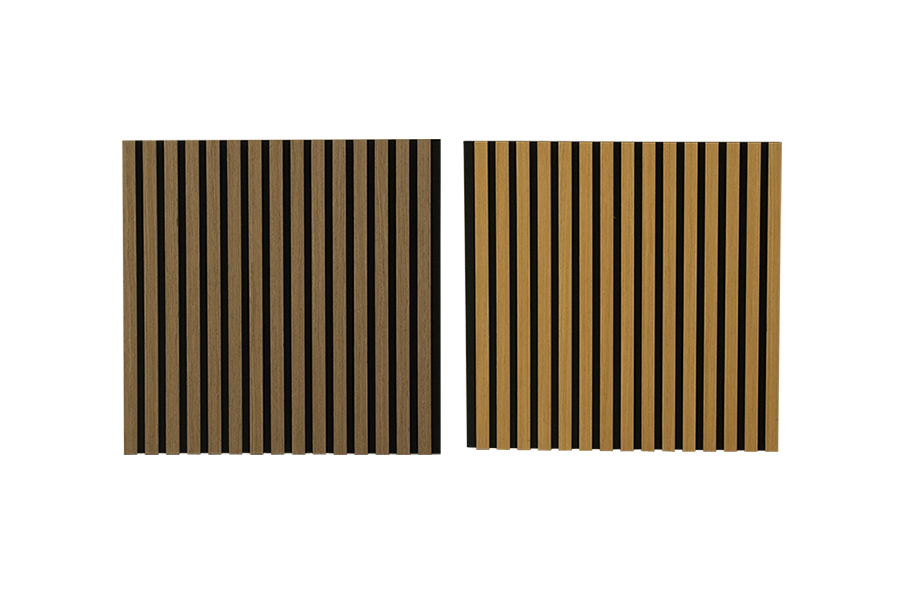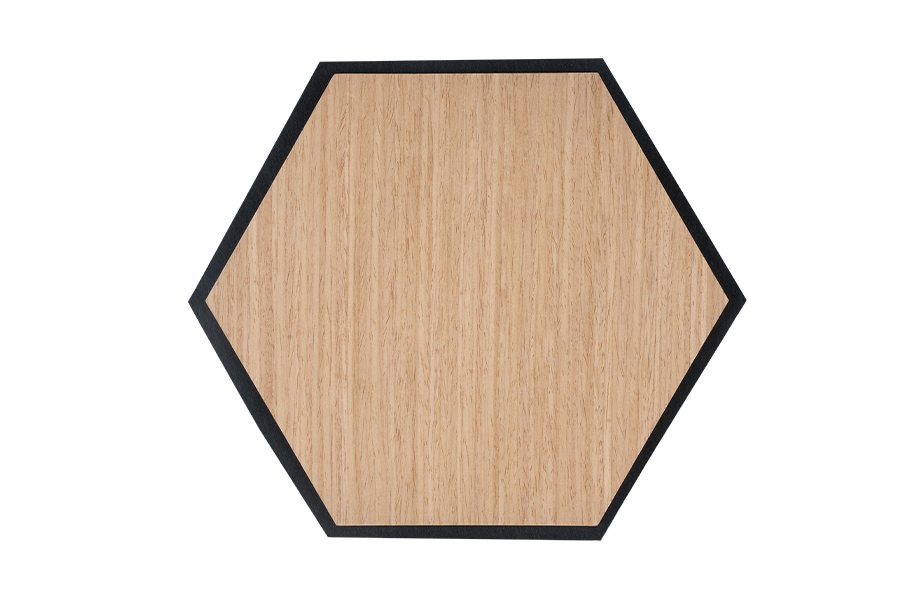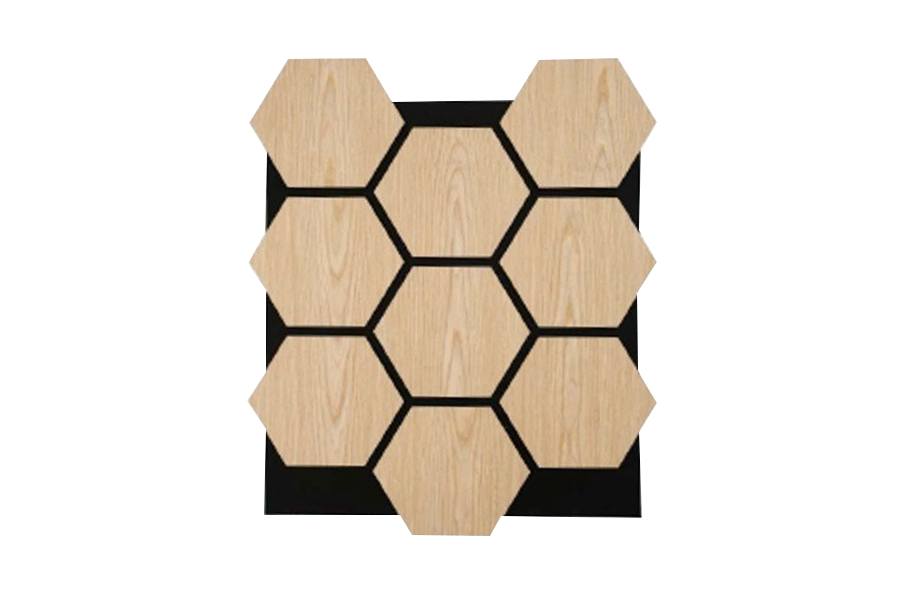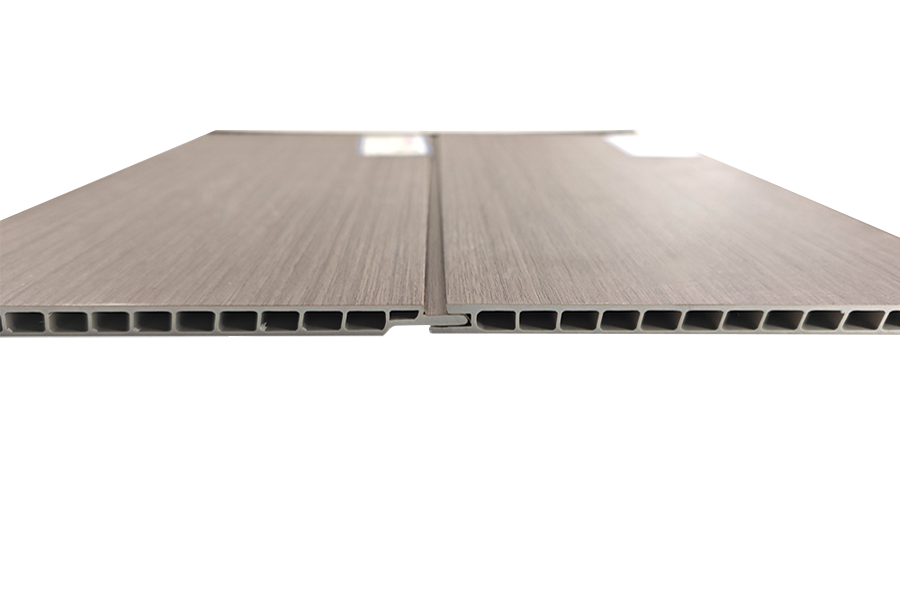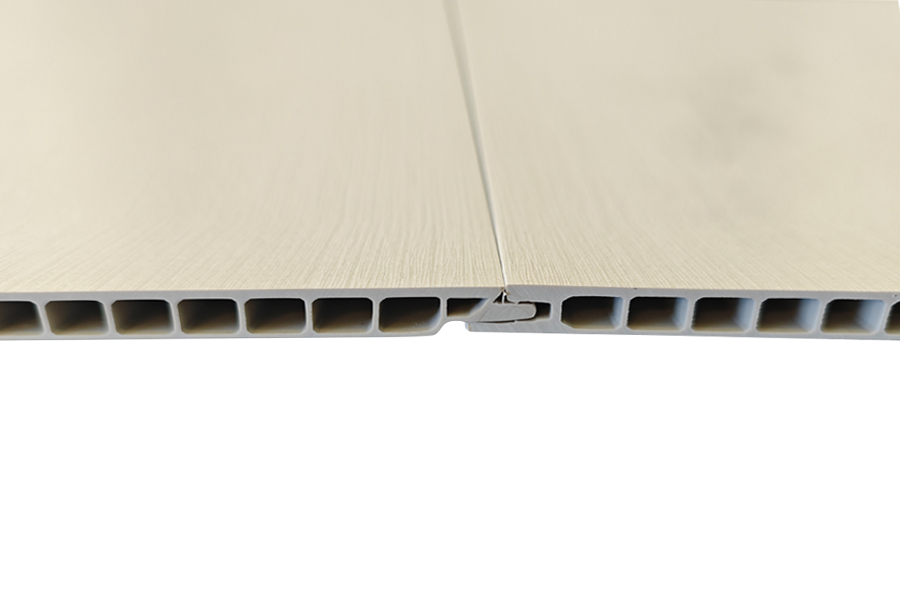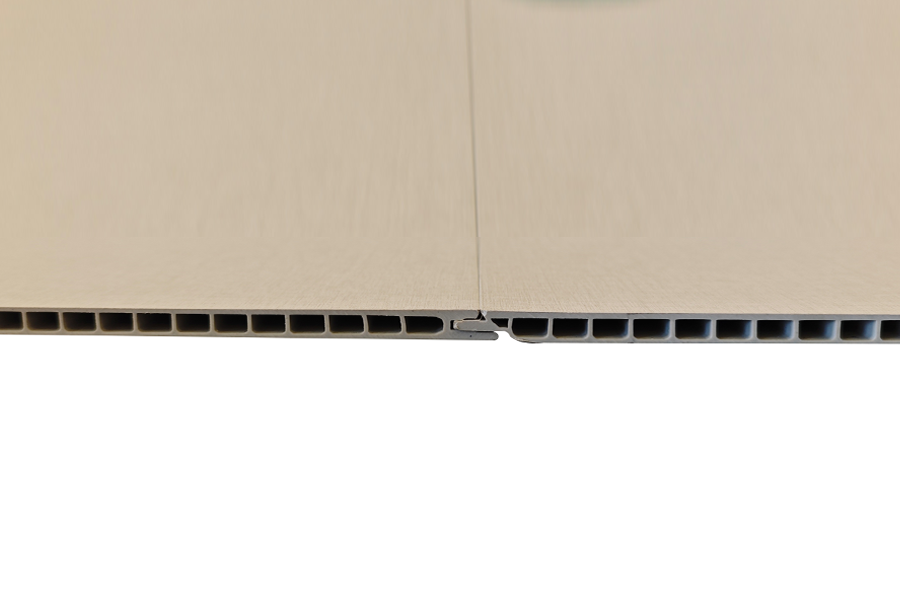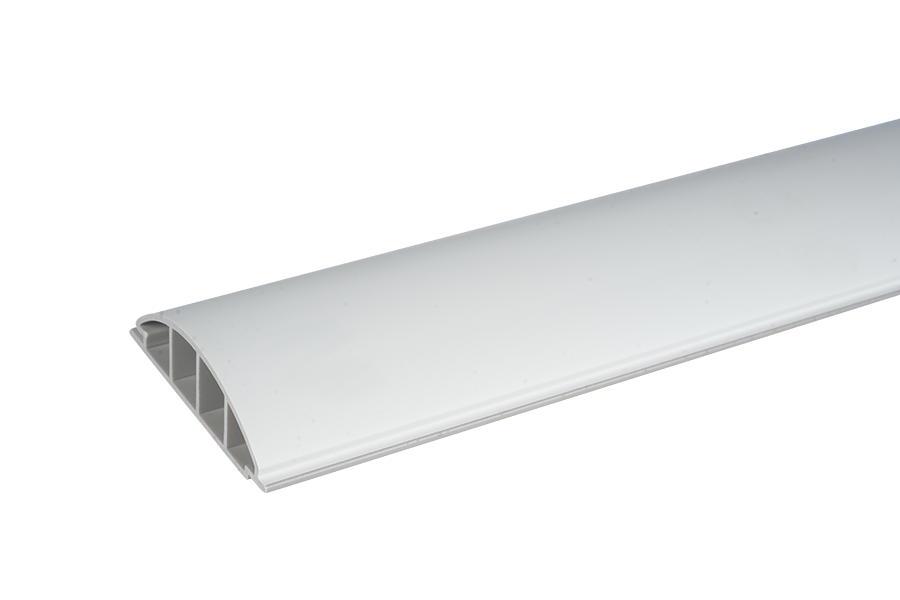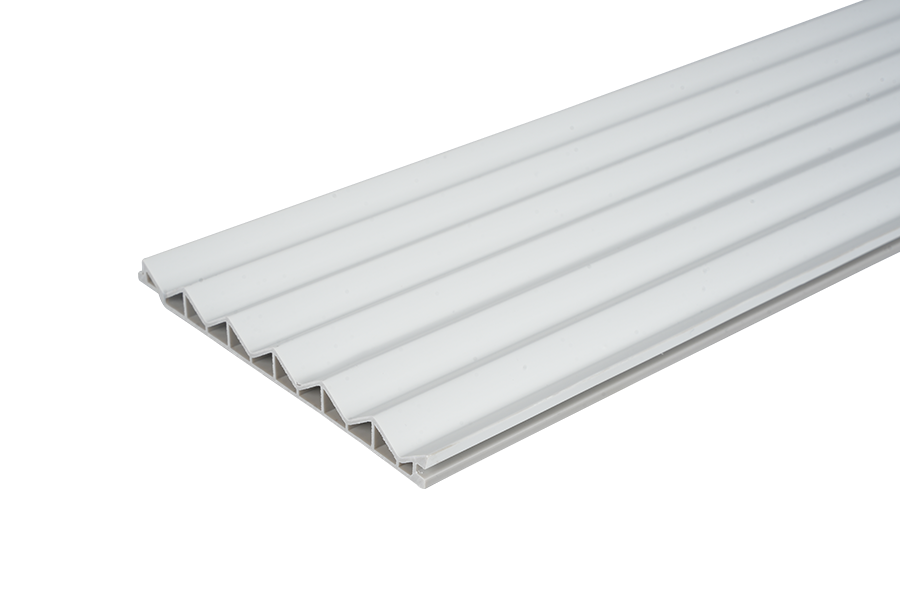In recent years, the demand for sustainable and environmentally conscious building materials has increased significantly. Among the many options available, the bamboo wood fiber panel has gained attention for its eco-friendly characteristics, making it a preferred choice in both residential and commercial construction. This article explores the main environmental benefits of using bamboo wood fiber panels, focusing on their renewable material base, low formaldehyde emissions, and alignment with international green building standards.
Made from Rapidly Renewable Resources
One of the most compelling reasons to choose a bamboo wood fiber panel is its composition. Bamboo, as a key raw material, is known for its exceptionally fast growth cycle. Unlike hardwood trees that may take decades to mature, bamboo can be harvested in just 3 to 5 years. This rapid renewability significantly reduces the pressure on forests and contributes to responsible land use.
The combination of bamboo fibers and recycled wood powder in a bamboo wood fiber panel offers a sustainable alternative to traditional wall panels made from pure wood or synthetic plastic. This composite structure not only optimizes resource usage but also helps minimize waste, as both bamboo and wood fibers used are often byproducts of other industries.
By choosing a bamboo wood fiber panel, developers and homeowners are supporting a building product that promotes responsible harvesting, sustainable agriculture, and reduced deforestation—all essential components of an eco-conscious lifestyle.
Low Formaldehyde or Zero Formaldehyde Emissions
Another important environmental and health consideration is indoor air quality. Many conventional wall materials release formaldehyde, a chemical compound that can contribute to respiratory irritation and long-term health concerns. However, the bamboo wood fiber panel is specifically engineered to minimize this issue.
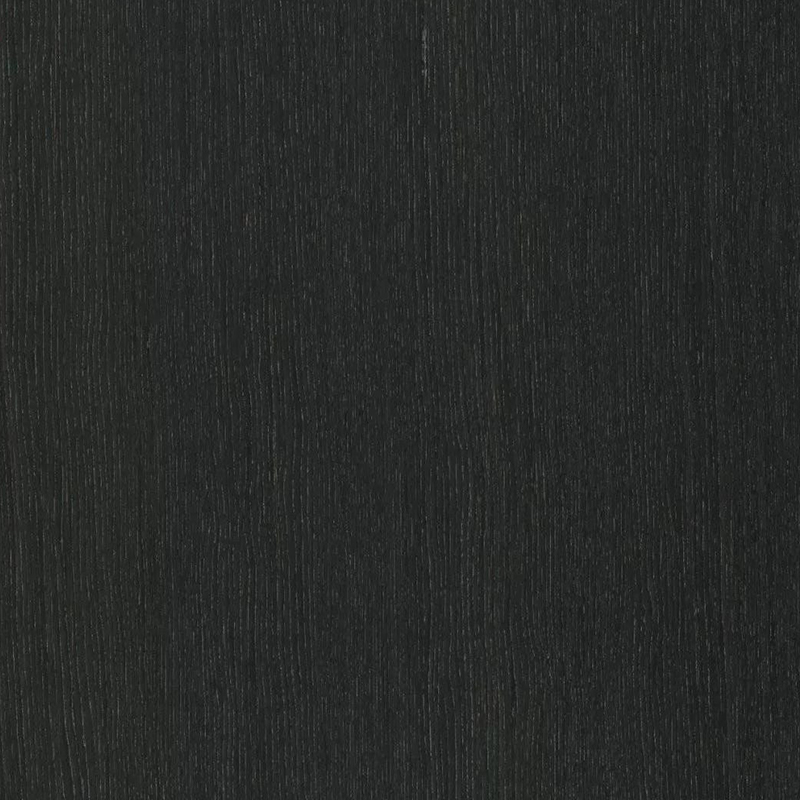
Manufacturers of bamboo wood fiber panels often use non-toxic adhesives or binders that emit very low levels of volatile organic compounds (VOCs), including formaldehyde. In some cases, zero-formaldehyde formulas are used, especially in panels intended for sensitive environments such as schools, hospitals, or homes with young children.
The reduction or elimination of formaldehyde emissions from bamboo wood fiber panels contributes to better indoor air quality, helping occupants feel safer and more comfortable. This is particularly relevant in enclosed or air-conditioned spaces where air circulation is limited and off-gassing from materials can accumulate over time.
Compliant with LEED, E0, and E1 Standards
Environmental certifications are increasingly important in the building and design industry. A high-quality bamboo wood fiber panel is often manufactured to meet recognized environmental and health standards such as LEED (Leadership in Energy and Environmental Design), as well as E0 and E1 formaldehyde emission classifications.
Panels that meet the E0 standard have extremely low formaldehyde emissions, typically below 0.5 mg/L, while E1-compliant panels remain under 1.5 mg/L. These benchmarks assure that the bamboo wood fiber panel is safe for interior use and contributes to a healthier built environment.
In projects seeking LEED certification, the use of bamboo wood fiber panels can earn points under categories like "Materials and Resources" or "Indoor Environmental Quality." This makes them an excellent choice for builders and designers who aim to balance sustainability goals with performance and aesthetic considerations.
The bamboo wood fiber panel represents a thoughtful response to modern environmental concerns in the construction and interior design industries. Its foundation in renewable resources like bamboo, coupled with its low emissions profile and compliance with international green building standards, makes it a reliable and responsible material choice.
Whether you're renovating a home, designing a commercial space, or managing a green-certified project, incorporating bamboo wood fiber panels can align your work with sustainable principles. As awareness of environmental responsibility continues to grow, materials like the bamboo wood fiber panel will play an increasingly important role in shaping healthier, more eco-friendly spaces.






 Español
Español عربى
عربى русский
русский
